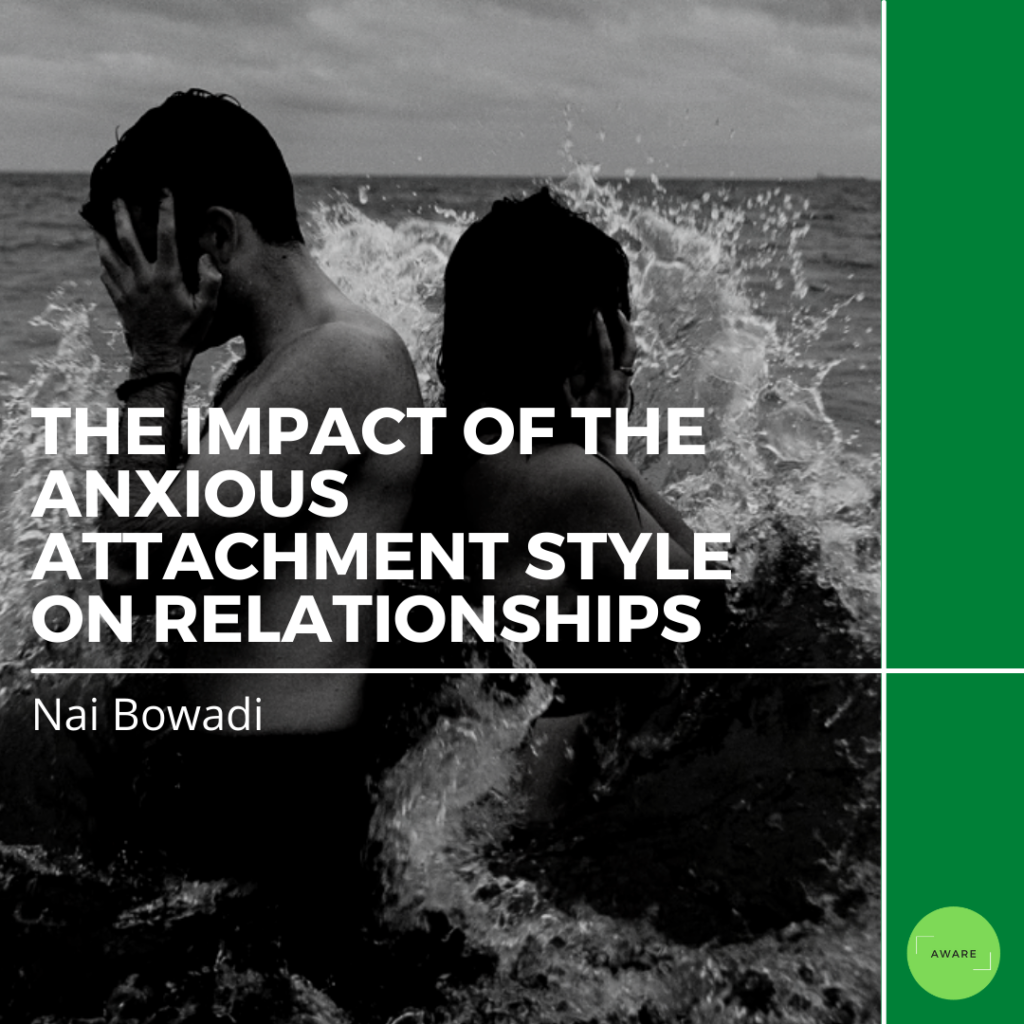The attachment bond is the emotional connection you form with your primary caregiver as an infant – most often your mother or father. This emotional connection shapes the way you relate to others and the way you react to intimacy as an adult. The attachment bond you develop as a child can either be secure or insecure. A secure attachment style is referred to as the successful one because it means that your caregiver made you feel safe and understood all the time. However, an insecure attachment style has a negative connotation because it often means that your caregiver lacked in forming a consistent and sound emotional connection with you as a baby.
One of the most formed insecure attachment styles is known as the anxious attachment style or the ambivalent attachment style. This style of attachment is often connected to the person being uncertain, anxious, insecure, and needy while in a romantic relationship.
Anxious Attachment Style Behavior in Adult Relationships
- Being clingy or needy
- Constant need for love and attention
- Constant need for reassurance
- Always anxious or scared about whether your partner really loves you or wants you
- You crave being loved and intimate, but you cannot get yourself to trust your partner
- Your whole life becomes revolved around this relationship, meaning that your mood is always dependent on your partner
- The idea of boundaries is viewed as a threat rather than a healthy aspect of relationships
- Most of your self-worth and self-esteem relies on how you are being treated by your partner
- You overreact to small remarks done by your partner if you felt like the remarks were slightly threatening
- Feeling anxious while away from your partner and thus always wanting to be in their company
- You may resort to manipulative tactics to keep your partner close
This type of attachment style is the consequence of inconsistent parenting, meaning that your primary caregiver was sometimes engaged and responsive to your needs as an infant and was unavailable or distracted other times. This inconsistency made you uncertain about whether your needs will be met or not – anxiety in adult relationships is the result.
How to Overcome an Insecure Attachment Style
“While you cannot fully change your attachment style, you can work to understand your attachment style, how it affects your behavior and thinking in your relationships, and build skills to counteract the negative effects of insecure attachment,” says Sarah Fields.
- Seeking Professional Help
Once you become aware of your insecure attachment, it is important to know that you do not have to endure such behavior for good. It is true that you cannot fully change your attachment style. However, you have the potential of forming more secure attachment attitudes by going to therapy. Therapy can either be a one-on-one session with your therapist or it can be couples’ counseling with your partner. Whatever you choose, it is important to acknowledge that improvement is possible.
- Communicate With Your Partner
Couples can work together on issues or problems that are being brought into their relationship due to an anxious attachment style. It is important to communicate the fears and frustrations caused by your insecure attachment to your partner without feeling embarrassed. If both of you have an anxious attachment style, then both of you must voice your concerns and understand one another. If only one of you has an anxious attachment style, it is important that your partner is patient and reassuring.
- Support of Family and Friends
It is vital to have a good relationship with your family and friends – maybe even your coworkers or peers. Relationships outside of your romantic relationship will help you stop revolving your whole being around your partner. Developing social networks will allow you to detach yourself from your dependency on your lover, thus decreasing your fear of them leaving you. This will improve your overall relationships and connections.
In conclusion, we can say that an anxious attachment style will most probably interfere with your ability to form strong and trusting relationships. However, it is not necessary that you have to deal with such an issue for life. Knowing when and how to resort to a solution will help you break the cycle of your anxious attachment behavior.
